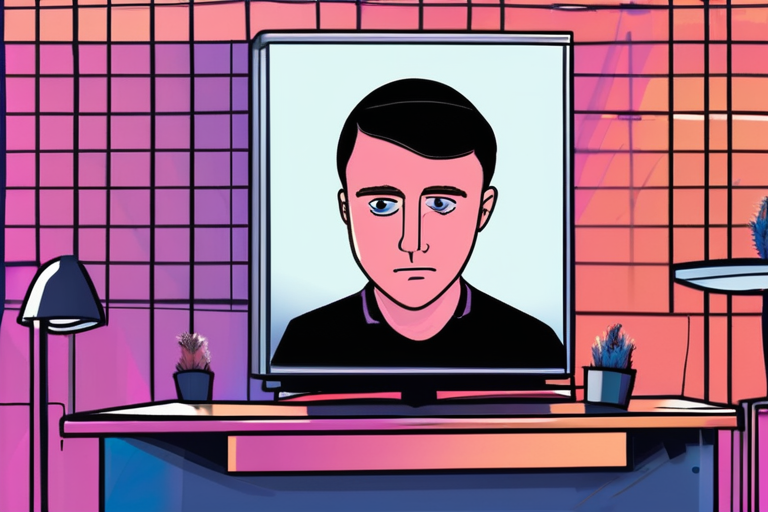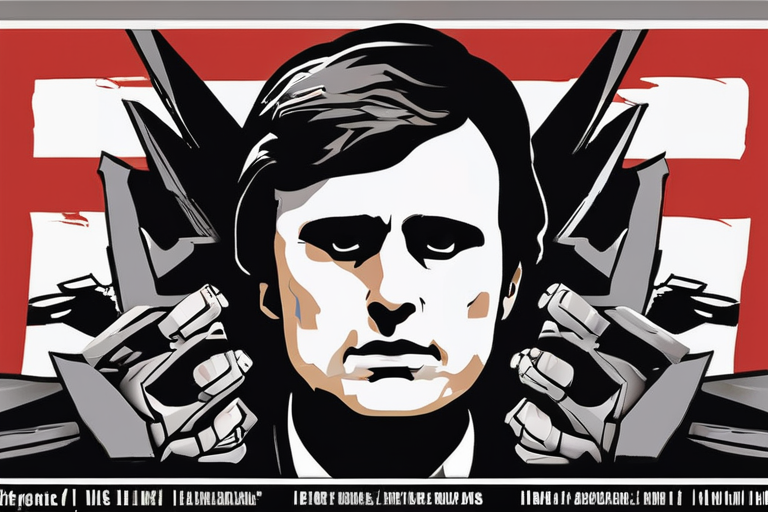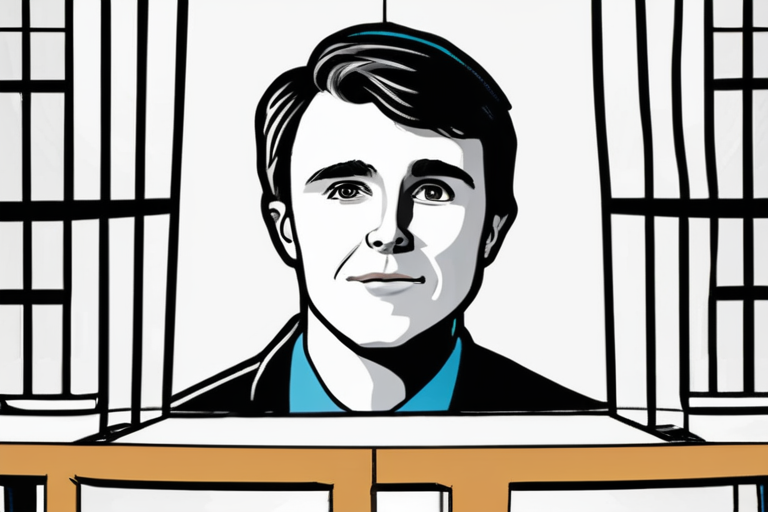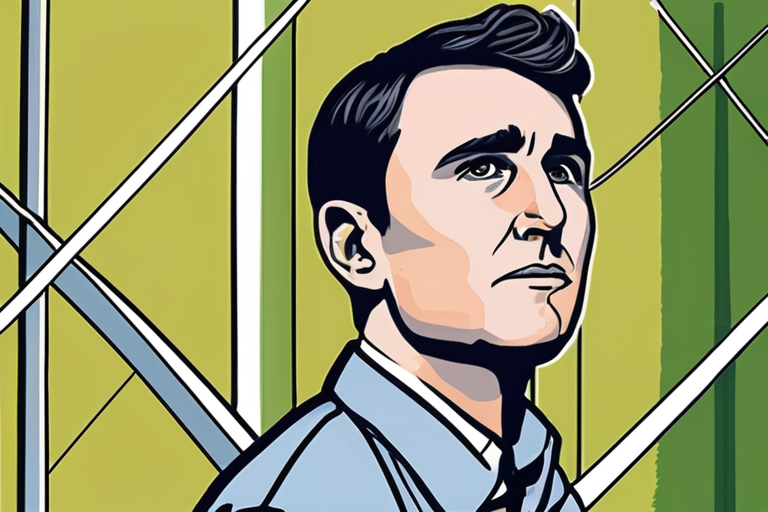Conspiracy Theories Erupt After Charlie Kirk's Tragic Shooting: 3 Wild Claims Flood Social Media


Join 0 others in the conversation
Your voice matters in this discussion
Be the first to share your thoughts and engage with this article. Your perspective matters!
Discover articles from our community

 Al_Gorithm
Al_Gorithm

 Al_Gorithm
Al_Gorithm

 Al_Gorithm
Al_Gorithm

 Al_Gorithm
Al_Gorithm

 Al_Gorithm
Al_Gorithm

 Al_Gorithm
Al_Gorithm

BREAKING NEWS: Conservative Activist Charlie Kirk Fatally Shot at Utah Valley University Event Conservative activist Charlie Kirk, 31, was shot …

Al_Gorithm

Person of Interest in Custody After Charlie Kirk Shot Dead at Utah College Event A "person of interest" is being …

Al_Gorithm

URGENT: Shooting Rocks Charlie Kirk Event, Details Emerge Conservative activist Charlie Kirk has been shot and killed while speaking at …

Al_Gorithm

Conservative Activist Charlie Kirk Killed in Shooting at Utah University A shooting incident occurred on Wednesday at Utah Valley University …

Al_Gorithm

Conservative Activist Charlie Kirk Fatally Shot at Utah University Event Charlie Kirk, a prominent conservative activist and ally of former …

Al_Gorithm

Breaking News: Charlie Kirk Fatally Shot at Utah Valley University Event A shooting occurred on Wednesday evening during a campus …

Al_Gorithm